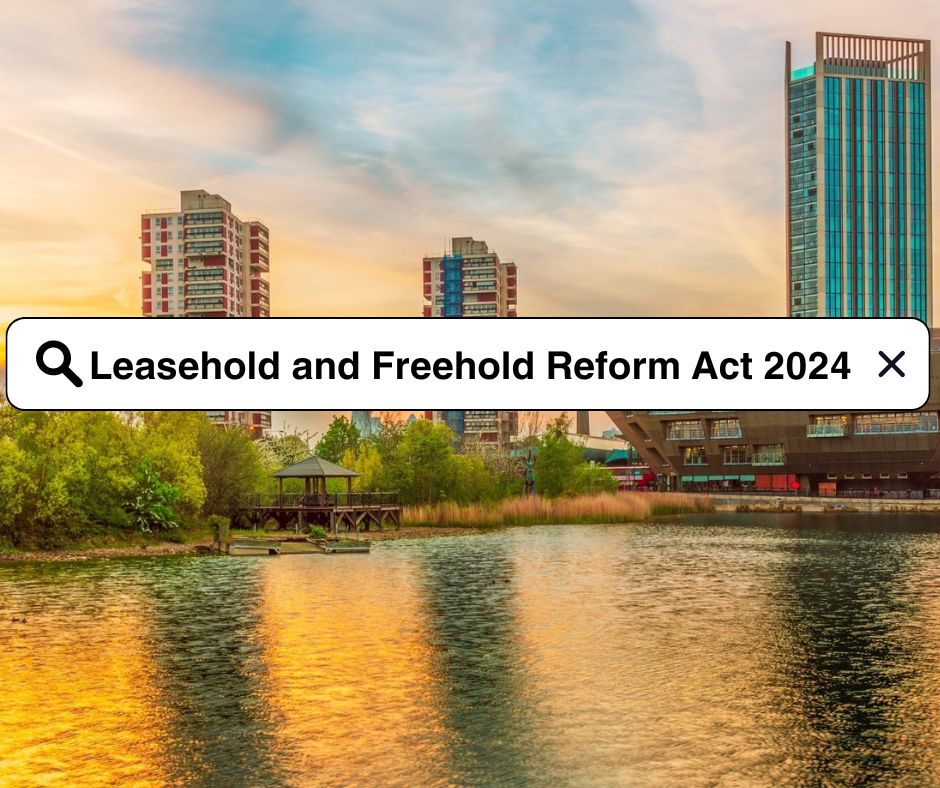
Leasehold and Freehold Reform Act 2024
As of 24 May 2024, significant changes have been introduced with the Leasehold and Freehold Reform Act 2024, which has now achieved Royal Assent. This legislation aims to reform the landscape of leasehold and freehold properties, bringing about potential benefits and challenges for leaseholders and freeholders alike.
If you are a leaseholder contemplating whether to extend your lease or purchase your freehold now or to wait, consider these three crucial questions:
The Act is primarily designed to make lease extensions cheaper for those with short leases (below 80 years) and high ground rents. The key changes include:
For instance, a leaseholder with a 79-year lease on a property worth £200,000 might see their lease extension cost drop from between £12,000 and £15,000 to a much lower amount.
However, not all leaseholders will benefit. The legislation could make lease extensions more expensive for those with longer leases (over 80 years) and lower ground rents due to possible adjustments in deferment rates. A reduction in the deferment rate could increase the cost of lease extensions.
Although the Act has been passed, it is not yet in effect. The current guidance suggests implementation between 2025 and 2026, with some changes potentially taking until 2028. This delay means that leaseholders must carefully consider their options, as waiting might not always be advantageous.
In addition to cost-related reforms, the Act includes several other changes:
Several anticipated changes did not make it into the final Act:
Deciding whether to extend your lease now or wait for the reforms to take effect depends on several factors:
The Leasehold and Freehold Reform Act 2024 introduces significant changes that could benefit many leaseholders, particularly those with shorter leases and higher ground rents. However, the full impact of these changes will not be clear until the government sets specific rates, and the Act is fully implemented.
Leaseholders must weigh their options carefully, considering both the potential benefits of waiting and the immediate advantages of extending now.
For personalised advice and to navigate these complex changes, leaseholders should consult with professionals like our team at Alex and Matteo Estate Agents, who can provide expert guidance tailored to individual circumstances.
